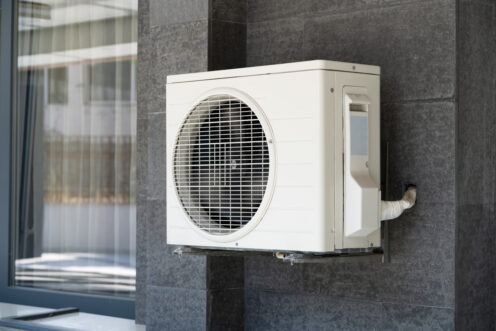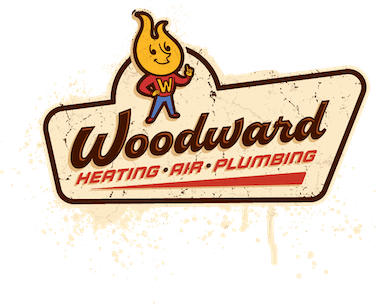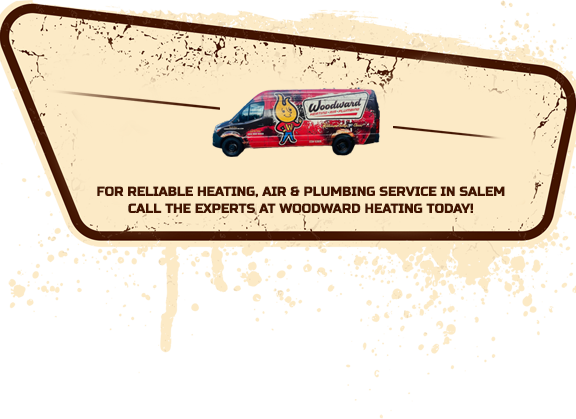
Normally, Oregon has a dry, hot summer and cold wet winter climate. But the weather is even worse in winter, with low temperatures and plenty of snow. In Oregon, it is common for people to use their heating system as a way of maintaining warmth throughout the home. When contemplating the installation of a new heating, ventilation and air conditioning (HVAC) system in their home, there is much for Oregon homemakers to think about.
1. Think About the Type of HVAC System
The first question this winter in Oregon is, what kind of system do you want? There are several types of HVAC systems to choose from, including the ones listed below.
Furnaces
Many homeowners like using a furnace. It heats the air inside a furnace and then blows it through ducts throughout your house. Furnaces are efficient heaters in extremely cold winter climates since they start fast and warm up quickly. Besides, they’re inexpensive and simple to install.
Heat Pumps
A heat pump is a machine used to transport heated air from within to out or vice versa. A heat pump operates in winter, drawing warmth from the air outside and funneling it inside to keep your house warm. In summer, when you desire a comfortable cool house, the heat pump runs in reverse.
Ductless Mini-Split Systems
Mini-splits are split systems without ducts. The system comprises of an outdoor portion connected to indoor portions via refrigerant lines. They are installed on the walls to provide zone heating and cooling.
The most preferred of these is the split system for HVAC, and it usually consists of an indoor air handler and outdoor compressor. Ductwork must be installed to carry the heated air throughout your house with these systems.
Packaged systems are ideal for homes with limited space. They are suitable for small homes and apartments and are installed outside of the home.
Most folks in Oregon use a furnace, and these systems seem to cost less than other types of heating systems. In addition to saving energy, heat pumps can also be used in summer to keep the home cool. They are suitable for ductless mini-split systems and can be used to heat single rooms or zones.
Both have their advantages and disadvantages, so it is best to discuss your case with a professional. To find out which home heating and cooling service will best suit your wallet while keeping you cozy, call Woodward Heating Air Plumbing in Salem. If you work with our experts, you’ll be sure of being warm and comfortable all winter.
2. Consider the Size of Your Home
One of the main considerations in selecting a new HVAC system is also the size of your home. The system should be the size you require, depending upon how large your home is and what its heating or cooling needs are. But if the system is bigger, it will meet demand and be efficient. If the system is manageable, it will cycle on and off too frequently, resulting in energy waste.
Calculating loads for your home to get the proper HVAC system size is especially helpful. The load calculation takes into account the square footage of your house, doors openings, insulation levels in flooring (walls), and attic space. Your HVAC system size can be adjusted accordingly with this load calculation.
3. Consider the Energy Efficiency Rating
This is the most common type of HVAC system, consisting of an indoor air handler and outdoor compressor; it’s called a split system. They must have ductwork to carry the heated air throughout various areas of your house.
Energy efficiency is another vital consideration when selecting a new HVAC system to suit the winter weather conditions in Oregon. Seasonal energy efficient ratio (SEER) and annual fuel utilization efficiency (AFUE), determine the relative efficiencies of systems. The higher the SEER and AFUE, the more energy efficient. Not only that, but energy-saving HVAC systems is also environmentally friendly and can save you money.
4. Consider the Maintenance Needs
The key to a long-lived HVAC system is ultimately regular maintenance. If you have to think about the maintenance needs of your new system. Some systems require more maintenance; some require less.
Furnaces must be cleaned, inspected and tuned up at least once a year. Even heat pumps and ductless mini-splits require periodic maintenance, if anything less than furnaces. You should pay attention to the system’s maintenance requirements and expense so as to be certain that you can maintain it properly.
You have to make service appointments at least once every three months. Otherwise, your system could break down and you’d spend a lot of money getting it fixed back up. With proper maintenance and servicing, you can help yourself get through the cold Oregon winters. Pick a system that’s easy to maintain and start making regular service appointments with someone trustworthy.
5. Consider the Cost
In addition, you will also have to take the cost of installing an HVAC system into account. HVAC systems are costly, and the price is determined by a combination of factors ranging from system model to energy saving ratings to installation charges.
Another aspect to take into account is the operating costs over the long-term operation of such a system. An energy saving system could cost more up front, but you would save money on your bills over time. Also, a good system is more expensive to begin with but will need less maintenance and last longer than other units.
6. Heating Capacity
The amount of heat that an HVAC system can generate is another factor to be considered. You don’t want the HVAC to be so small that your home can never get warm enough no matter how cold it is outside. An inadequate heating system lowers the comfort level regardless of how high you turn up your thermostat.
On the other hand, a system with low heating capacity would be just as troublesome. An oversized system not only makes your energy bill skyrocket, it can make your home feel stuffy and oppressive. That’s why you have to study and select an appropriate HVAC system for your home that meets the requirements of its particular heating environment.
7. Additional Features
So, what are the characteristics of modern HVAC systems? A few of these may have a control thermostat that can be set to maintain one’s home at some specified temperature. Other conveniences include zone control systems which allow you to maintain different temperatures in various parts of the house, humidifiers and air purification features.
In selecting an HVAC system for your home, select the features which you and family would find most useful. Such additions to the system may raise its initial cost, but a more comfortable and pleasant living environment will mean that you save money in bills over time.
Choosing the right HVAC company for an Oregon winter isn’t something to be taken lightly. But we here at Woodward Heating Air Plumbing realize what a tough decision that can be, and are always there to give you the guidance you need with this difficult choice. Our top-notch heating and cooling services in Salem, Oregon allow us to handle this for you. We have got you covered for all your AC installations (including ductless), gas piping and furnaces. We can help you transform your home into a cozy outpost, even in the coldest of Oregon winters. Give us a call today.





